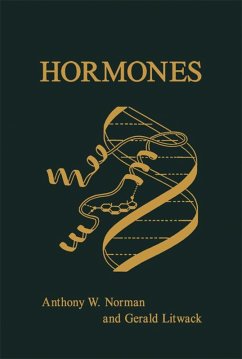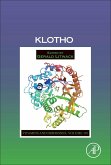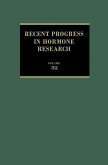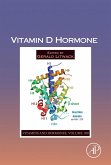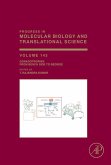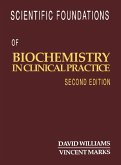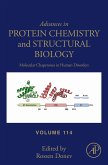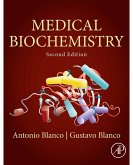Hormones provides a comprehensive treatment of human hormones viewed in the light of modern theories of hormone action and in the context of current understanding of subcellular and cellular architecture and classical organ physiology.
The book begins with discussions of the first principles of hormone action and the seven classes of steroid hormones and their chemistry, biosynthesis, and metabolism. These are followed by separate chapters that address either a classical endocrine system, e.g., hypothalamic hormones, posterior pituitary hormones, anterior pituitary hormones, ,thyroid hormones, pancreatic hormones, gastrointestinal hormones, calcium regulating hormones, adrenal corticoids, hormones of the adrenal medulla, androgens, estrogens and progestins, and pregnancy and lactation hormones; or newer domains of hormone action which are essential to a comprehensive understanding of hormone action, including prostaglandins, thymus hormones, and pineal hormones. The book concludes with a presentation of hormones of the future, i.e., cell growth factors.
This book is intended for use by first-year medical students, graduate students, and advanced undergraduates in the biological sciences. It is also hoped that this book will fill the void that exists for resource materials for teaching cellular and molecular endocrinology and that it will be employed as an equal partner with most standard biochemistry textbooks to provide a comprehensive and balanced coverage of this realm of biology.
The book begins with discussions of the first principles of hormone action and the seven classes of steroid hormones and their chemistry, biosynthesis, and metabolism. These are followed by separate chapters that address either a classical endocrine system, e.g., hypothalamic hormones, posterior pituitary hormones, anterior pituitary hormones, ,thyroid hormones, pancreatic hormones, gastrointestinal hormones, calcium regulating hormones, adrenal corticoids, hormones of the adrenal medulla, androgens, estrogens and progestins, and pregnancy and lactation hormones; or newer domains of hormone action which are essential to a comprehensive understanding of hormone action, including prostaglandins, thymus hormones, and pineal hormones. The book concludes with a presentation of hormones of the future, i.e., cell growth factors.
This book is intended for use by first-year medical students, graduate students, and advanced undergraduates in the biological sciences. It is also hoped that this book will fill the void that exists for resource materials for teaching cellular and molecular endocrinology and that it will be employed as an equal partner with most standard biochemistry textbooks to provide a comprehensive and balanced coverage of this realm of biology.
Dieser Download kann aus rechtlichen Gründen nur mit Rechnungsadresse in A, B, BG, CY, CZ, D, DK, EW, E, FIN, F, GR, HR, H, IRL, I, LT, L, LR, M, NL, PL, P, R, S, SLO, SK ausgeliefert werden.

